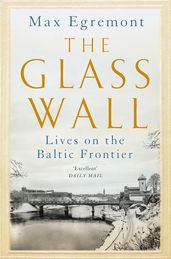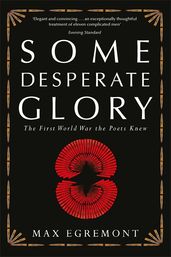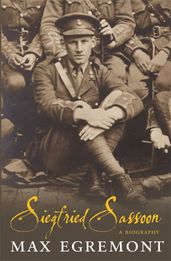Synopsis
This journey to the edge of Europe mixes history, travelogue and oral testimony to spellbinding and revelatory effect.
Few countries have suffered more from the convulsions and bloodshed of twentieth-century Europe than those in the eastern Baltic. Small nations such as the Baltic States of Latvia and Estonia found themselves caught between the giants of Germany and Russia, on a route across which armies surged or retreated. Subjected to foreign domination and conquest since the Northern crusades in the twelfth century, these lands faced frequent devastation as Germans, Russians and Swedish colonisers asserted control of the territory, religion, government, culture and inhabitants.
The Glass Wall features an extraordinary cast of characters – contemporary and historical, foreign and indigenous – who have lived and fought in the Baltic and made the atmosphere of what was often thought to be western Europe’s furthest redoubt. Too often it has seemed to be the destiny of this region to be the front line of other people’s wars. By telling the stories of warriors and victims, of philosophers and Baltic Barons, of poets and artists, of rebels and emperors, and others who lived through years of turmoil and violence, Max Egremont reveals a fascinating part of Europe, on a frontier whose limits may still be in doubt.
'Fascinating . . . a rich, nuanced account of life on "the Baltic frontier"' - The Times
'Excellent' - Daily Mail
'Extraordinary' - Literary Review
'Exemplary' - Economist
Details
Reviews
Fascinating . . . a rich, nuanced account of life on “the Baltic frontier”
Excellent . . . Boasting a fascinating cast of characters, it is a book which reveals a part of Europe with a complex history and an intriguing present
Extraordinary . . . a brilliant exploration of how the past infuses the landscape, buildings, art, literature, traditions, food, conversations and lived experience of the Baltic people
Confidently written, featuring reportage interwoven with his own and other writers’ literary and genealogical insights . . . The author also writes sympathetically about the trauma of the second world war . . . Exemplary, bringing together a grand historical narrative, local details, accounts of lives shaped and shattered, and architectural and literary insights



